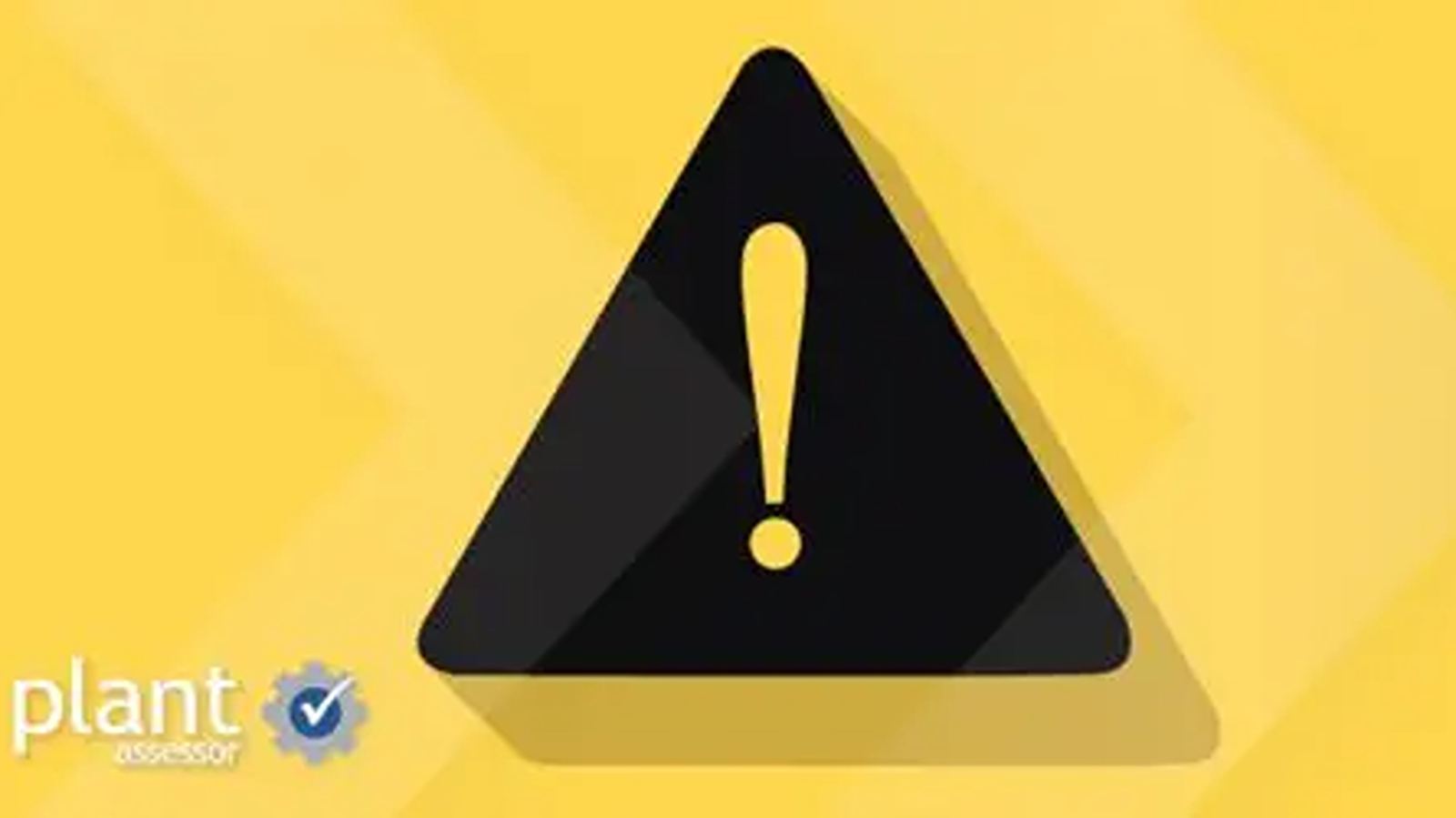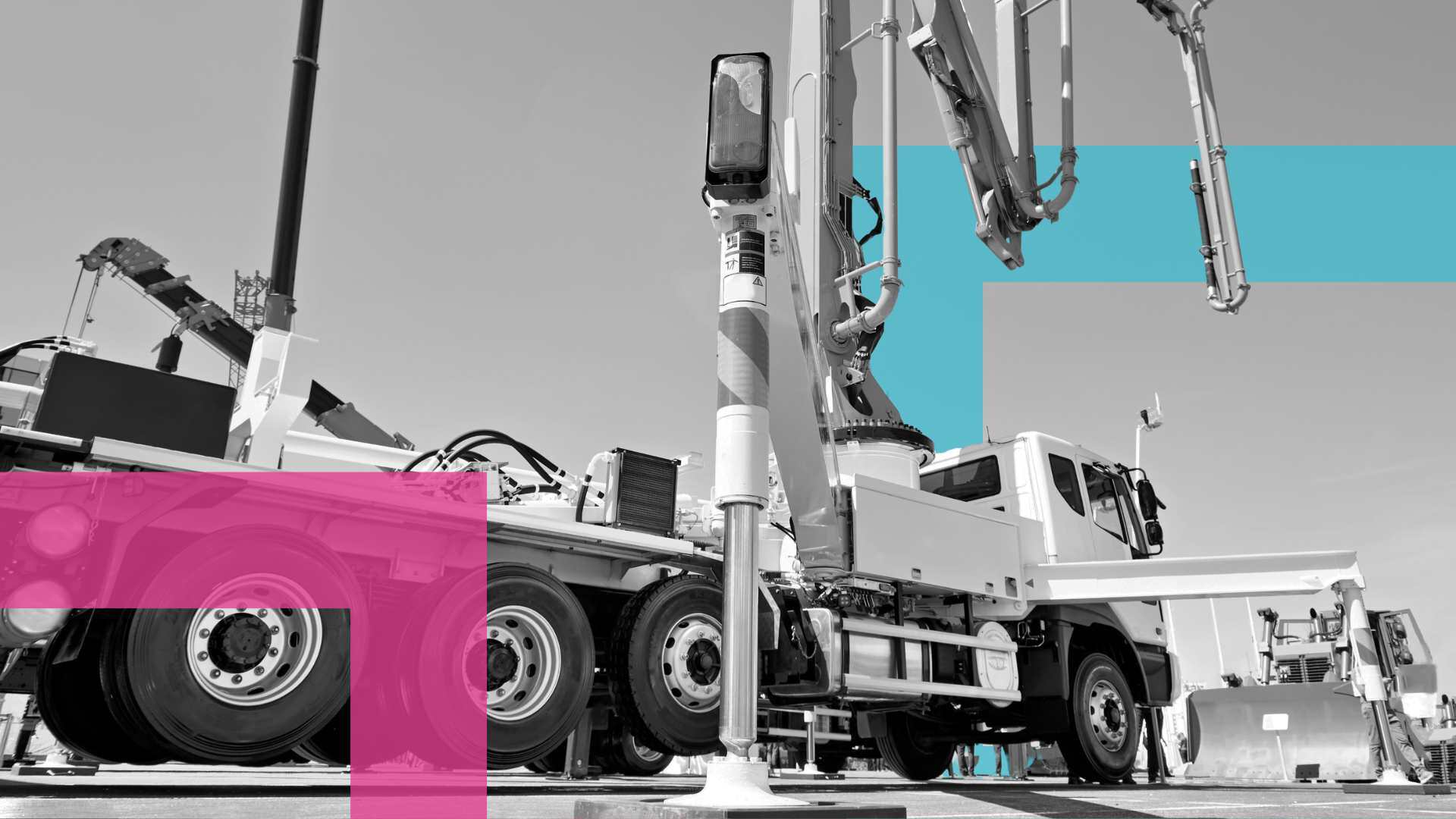Pre Start Plus rebranded to Ideagen Asset Guard
Ideagen Plant Assessor is pleased to announce the rebrand of its flagship pre-start app, Pre Start Plus, to Asset Guard. This rebrand aligns with...
|
|
Machinery Pre Starts
|
|
|
Risk Management &
|
|
|
Document Management
|
|
|
Dashboards & Reporting
|
|
|
Machinery Risk Assessments
|
|
|
Service & Maintenance
|
|
|
Safe Operating Procedures
|
|
|
MySite
|
|
|
View All Features |
Case Studies
Hear from our clients
Events
Find us at industry events
Guides
Find industry-specific guides
Learn
Educational content
News & Articles
Industry news and articles
Safety Legislation
We keep up with safety legislation
so you don't have to
Videos
Find overviews and informative
videos here
Webinars
View upcoming and on-demand webinars
Promotions
See our current promotions
FAQ
All of our frequently asked questions
Help Centre
How to use our software
View a Demo
Let us walk you through Ideagen Plant Assessor features
Release Centre
Product updates and release information
1 min read
![]() Ideagen Plant Assessor
:
Updated on July 5, 2023
Ideagen Plant Assessor
:
Updated on July 5, 2023

While conducting dedicated, machinery specific plant risk assessments is the only way to truly evaluate if your plant and machinery is safe to use, there are a number of traps you can fall into when conducting manual checks.
The process of ensuring safe plant is simple: identify the hazard, evaluate the risk, implement controls and evaluate. It sounds pretty straightforward but such assessments are not without potential pitfalls. These can include:
Lack of knowledge of the equipment and what it does, especially if the equipment is rarely used, is new to site or has been modified in any way
Lack of understanding of all hazards
Poor knowledge of the risk assessment process
Lack of understanding of controls needed
Inconsistency
Controls are identified but not implemented
Assessment results are poorly recorded, incomplete and hard to understand or unusable in the field
These can mostly be avoided through a systemised plant risk assessment process.
The main deal breaker, however, is that the assessor must have a comprehensive knowledge of the plant. If they don’t, they shouldn’t be attempting to conduct a plant risk assessment.
Once you are certain your assessor is suitably qualified to ensure your plant safety, there are a few systems you can implement to avoid other pitfalls.
This kind of systematic approach needs to come from the top down and requires a solid and robust safety culture to be implemented effectively.
Plant Assessor’s online tool can provide a structured process and professional guidance to help you avoid the pitfalls of plant risk assessments.
Find out how by contacting us today on 1300 728 852 or via our contact us.
Disclaimer: This information is intended to provide general information on the subject matter. This is not intended as legal or expert advice for your specific situation. You should seek professional advice before acting or relying on the content of this information.

Ideagen Plant Assessor is pleased to announce the rebrand of its flagship pre-start app, Pre Start Plus, to Asset Guard. This rebrand aligns with...
.png)
Many businesses operating machinery still rely on traditional paper pre start books for daily machinery checks. While these booklets serve their...

A concrete company based in Melbourne has been convicted and fined $30,000 after an incident involving a concrete pump resulted in a worker’s hand...